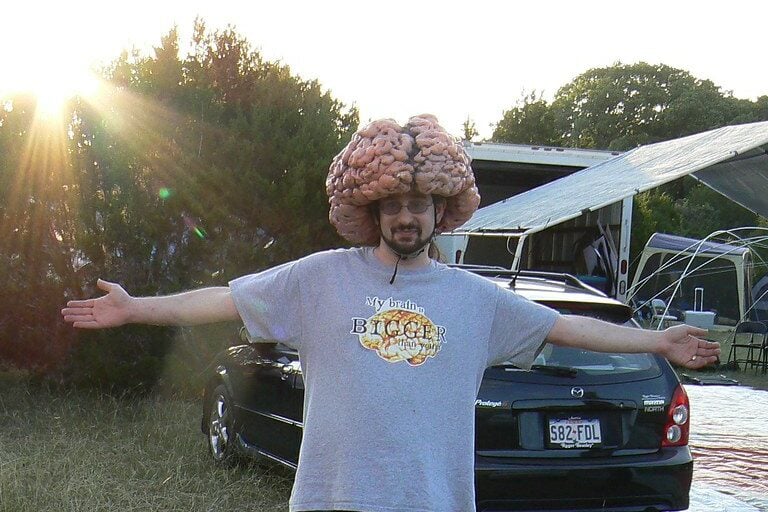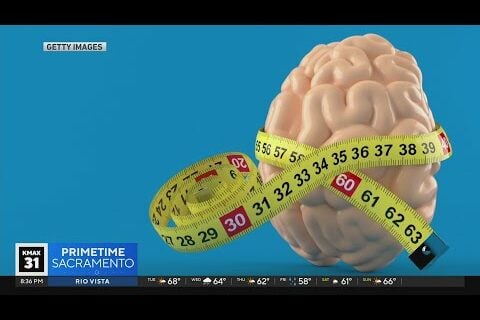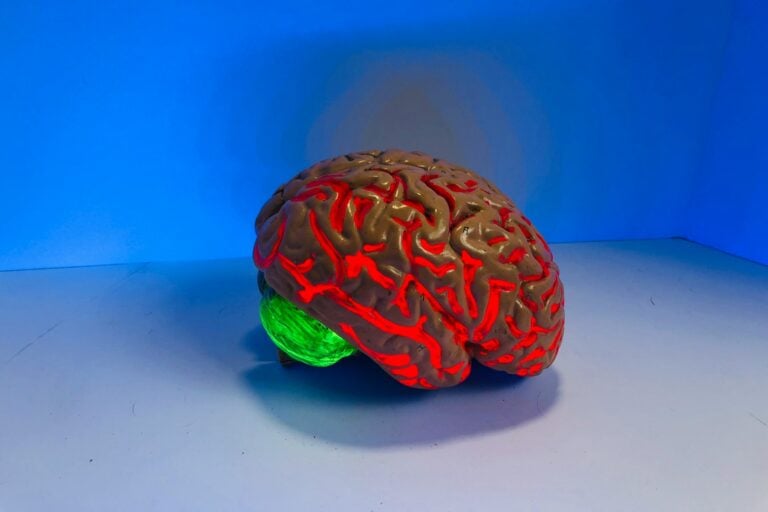
Bigger is Better: Brain Size Up 7%, Dementia Down 25%
In a span of 40 years, why did average brain size increase and dementia rates drop? A new UC-Davis study explores environmental factors behind this silent revolution.

In a span of 40 years, why did average brain size increase and dementia rates drop? A new UC-Davis study explores environmental factors behind this silent revolution.

SUGAR raises diabetes AND dementia risk. Will research into the hormone “amylin” reveal the reason why?

Triheptanoin is available as a supplement or by prescription. A series of studies suggest it improves brain energy metabolism for people with Huntington’s disease. Learn how.

VIDEO + ARTICLE: Rudolph Tanzi and Doo Yeon Kim have invented a revolutionary new tool to uncover the mysteries to finding an Alzheimer’s cure and counter the coming epidemic of dementia.

Galantamine treats Alzheimer’s. Artificial intelligence and biosensors may pave the way to make this drug faster and cheaper.

A long, long time ago (1930), brains were smaller. Are today’s bigger brains connected to improvements in rates of dementia?

Trontinemab is a very exciting experimental drug, showing great promise in rapidly clearing Alzheimer’s amyloid plaques from the brains of affected individuals, with remarkably little side effects.

The first 3D-printed brain tissue that can grow and function like typical brain tissue is a major breakthrough for scientists in search of an Alzheimer’s cure.

Walk through the various steps that occur as a person participates in the Alzheimer’s Disease Neuroimaging Initiative (ADNI) project.

Researchers found the walls of the brain’s small arteries are also affected in Alzheimer’s, reducing blood flow. Learn about this new treatment target.

SHORT-TERM MEMORY lapses are obvious signs of Alzheimer’s, but other tell-tale signals begin to show much earlier. Learn how to look for semantic impairments, such as simple questions about size.

Discover compassionate, practical and proven strategies to navigate dementia care confidently, ensuring the well-being of both you and your loved one.

How can military service impact brain health? What are specific risk factors? Are there vital steps soldiers can take towards dementia prevention and treatment?

SHORT-TERM MEMORY lapses are obvious signs of Alzheimer’s, but other tell-tale signals begin to show much earlier. Learn how to look for semantic impairments, such as simple questions about size.

Three important dementia studies focus on HS-AGING, a type of dementia almost as common as Alzheimer’s in the 85+ group. Yet few people have heard of it. Why? What makes it different?

An intriguing study of 120 grandmothers might surprise you. Doctors know socially engaged people have better cognition and less dementia. But can a person get too much of a good thing? What’s the right balance?

Enjoy this great duet between a musician with dementia and his son. A triumph of spirit over Alzheimer’s! Sing-a-long if you like!
No spam, only news and updates.


